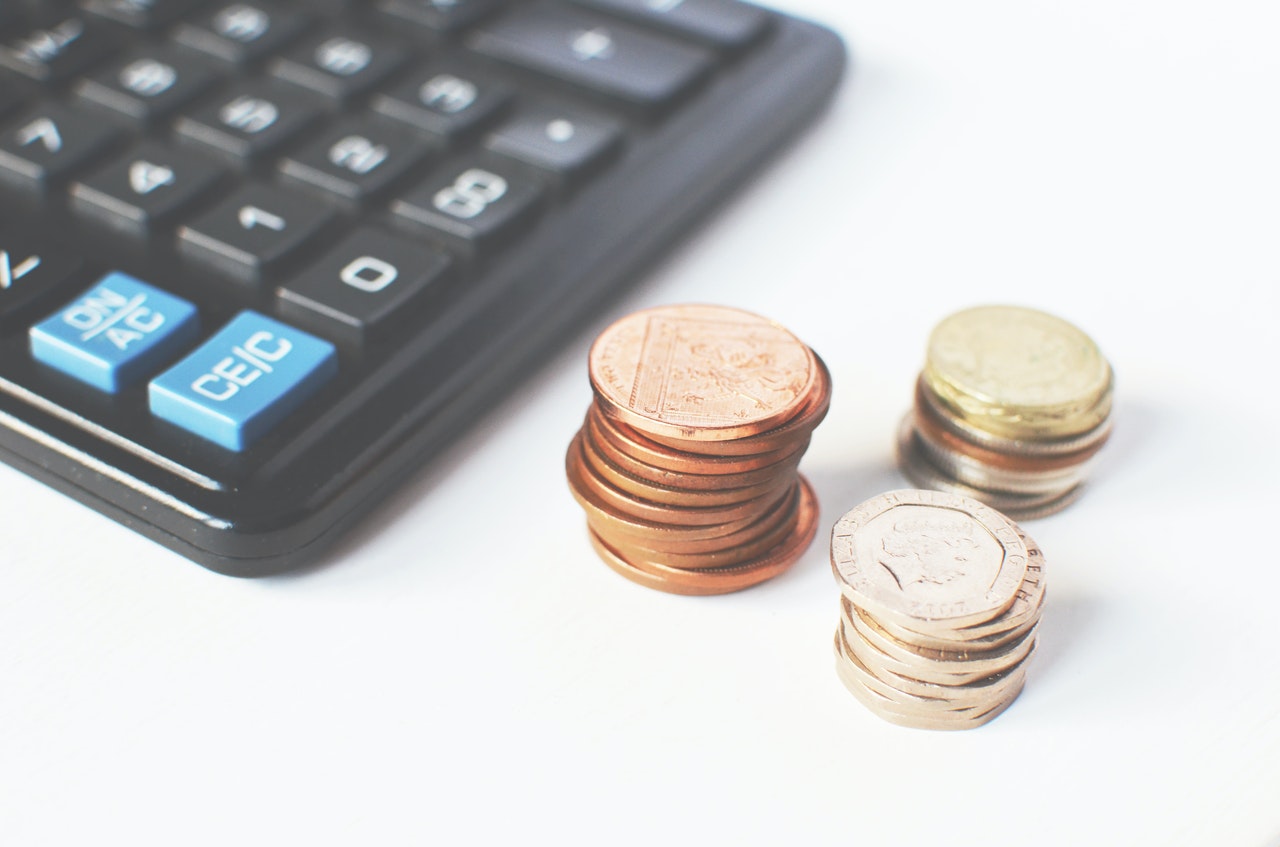
Why Should I Review My Savings?
1) Your Money Could (and Should) Work For You
Savings are your safety net – your money will be there for you should you need it, come rain or shine. So, why should you review? Simply, because once you’ve got savings, your money can work for you. For example, the average savings account in the UK in 2020 offered an average of 0.39% in August. Across savings, ISAs and bonds, you could still only expect an average of 0.54% in August 2020.
Let’s be generous and say that you have a savings account that offers 1%. If you have £10,000 in there, you’ll make £100 a year. However, if you got the UK average in August 2020 of 0.48%, you’ll only make £48. While this is better than nothing, it’s also not going to change your life.
Instead of allowing your money to grow stale in an underserving account (which may be dropping in amount of interest year on year if you aren’t paying attention, especially if you took advantage of an introductory offer or if you pay an account charge), you can review your accounts and decide if your money could be better used elsewhere.
2) Reconsider If You Should Pay Off Debt
A review of your savings is the perfect time to take a look at all the interest rates in your life – good and bad. Not all interest rates are fixed, and you may have gained some high-interest debt that’s worth paying off now.
Unless you’ve found an incredibly generous savings account, you’re going to be paying more to hold on to debt than you are to hold your savings. For example, even a low interest loan (3%) will cost you more over the course of a year than you’ll gain in savings. Consider if it may be wise to pay your debt off using your savings. If you pay off your debt early, it’ll be easier and quicker to grow your savings.
3) Do You Have More Than You Need in Your Emergency Fund?
The savings and investment products with the best interest rates often don’t allow you to withdraw at short notice, and so it’s always a good idea to have a good liquid emergency fund to hand.
However, if your emergency fund is much larger than any likely emergency you may experience, then that excess money may be better allocated in a high-yield ISA or investment account. A review of your savings accounts is a great time to figure out if you can reallocate.
Generally, it’s a good idea to have an emergency fund of 3-6 months’ worth of expenses, but you don’t often need that much at short notice. An emergency fund of 1.5 months expenses, or whatever you believe you may need at short notice, is likely enough to have in an instant-access account.
4) Do You Have the Right Type of ISA?
Not all ISAs are the right fit for you, especially if you got your ISA three or more years ago. You should review your savings and ISA to check not only what interest rate you’re getting but also if your ISA is still appropriate for your life goals.
If you’re a big saver, a cash ISA or Lifetime ISA might be a good choice. Fixed cash ISAs provide access to your cash when you need it (for a penalty), whereas a fixed rate savings account won’t allow you to access the funds outside their terms. Lifetime ISAs can also offer high-interest rates if you’re saving to buy a home for the first time alone or as a couple.
5) Major Life Changes
If you’ve gotten married, divorced, been widowed, had a child, grandchild, got a new job, bought a new home or paid off your mortgage, you should review your savings. You may be surprised to learn that your relationship status can influence your interest rates. If you’re a couple and one of you pays a higher tax rate, it could be worth combining your savings. You can move your non-ISA savings into an account under the name of the lower taxpayer. You won’t have to pay as much tax as the lower taxpayer is entitled to a higher personal savings allowance.
It’s also worth reviewing your savings with these life events in mind to ensure your savings accounts and investments reflect your goals.
6) Review Your Savings Goals
If you haven’t reviewed your savings in some time, then it’s likely your goals have changed. If your current savings accounts and investments aren’t in line with your goals, you may need to move your money elsewhere, so it’s worth reviewing where your money is and if there are any better options on a yearly basis.
7) Your Needs May Have Changed
Are you going to need liquid cash in the near future? If you are, and your current savings accounts charge fees for withdrawals, it might be time to move your money elsewhere.
8) Terms and Conditions May Have Changed
You know those emails or booklets you get in the post about changes to your terms and conditions? Do you read them, or put them in a safe place just in case? While the idea of combing through new terms and conditions sounds about as exciting as watching paint dry, you may spot a coming change that will cost you money so you can move your money to a better account.
9) Are You Ready to Invest?
Many people are too scared to invest in the stock market, and that leaves them with a lot of money in low-yield savings accounts. Usually, when we think of investments, we imagine the stock market, but you don’t have to put your money on one company to invest. If you have significant savings, consider whether you could invest in property, antiquities, or a “safe” form of investing such as index funds or bonds. While all investments come with risk, many of these can be done with little input from you and give you better returns than a traditional savings account.
10) How Much Tax Are You Paying on Interest?
ISAs are great tools for ensuring you don’t pay too much tax on your interest, but are you sure you’re being as tax efficient as possible? It’s a good idea to talk to a financial expert to ensure you’re not in a position that will lead to you paying more tax than necessary in the future. Savings take work to accrue, so make sure you reap the benefits.
It’s a good idea to set a regular review date, once every 6 or 12 months is a good time frame. Do your due diligence before moving your money so that you’re clear on the terms and risks of any financial products you opt for.
Don’t be afraid to reach out for professional advice to help you review your finances on an annual basis – while it can sound daunting, it can save you thousands and help you make more money than you would if you reviewed your savings and investments alone.
If you’re still having trouble determining whether your savings are in the right place, Evason Fildes is here to help. We can review your investments and pensions with you and help you determine if everything is doing the most for you it can.
For more information on our services, call us on 0161 537 7070 or contact us today.
Investors do not pay any personal tax on income or gains, but ISAs do pay unrecoverable tax on income from stocks and shares received by the ISA managers.
Tax treatment varies according to individual circumstances and is subject to change.
Stocks and Shares ISAs invest in Corporate bonds; stocks and shares and other assets that fluctuate in value.
The value of investments and the income they produce can fall as well as rise. You may get back less than you invested.



